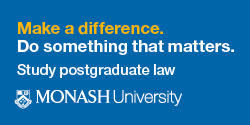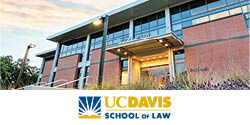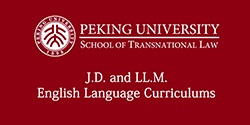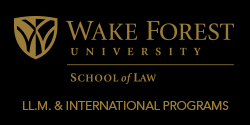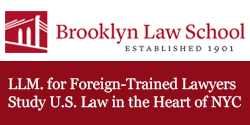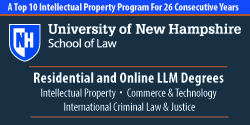
Are certificates or value-added online courses efficient LL.M. alternatives?
A while back, in the fast moving and extremely competitive legal industry, having an undergraduate degree was considered basic. Law graduates were moving quickly to add value to their existing degree through an LL.M., which is a master’s degree in law. This meant an extra year in the law school to acquire the qualification. This was done at the expense of acquiring experience through a training contract or pupilage. Initially this was highly valued in Britain, but things are changing. Most law firms would value experience gained over one year as opposed to one year ‘lost’ in studies.
Edward Walker, Graduate Recruitment Manager at Pinsent Masons, was quoted saying that his firm would be neutral about masters, which they consider is not better than experience gained working in the industry. Other important factors that firms consider quite highly are: experience in a different legal system and language skills. Most universities have subsequently introduced several value-added courses blended to their LL.M. programs. For example, an LL.M. combined with a foreign language or an LL.M. that allows students to gain knowledge of different legal systems.
However, the bigger question for students is whether a master’s degree improves one’s chances to get employed. From the above, it would appear that it has no major advantage. A recent trend is to enroll for certificate courses or online courses and to forego the master’s degree completely while gaining experience. This effectively kills two birds with one stone. A student is able to gain experience in the industry while still acquiring knowledge that would assist him/her while in actual practice. For example, a student can enroll for a Spanish language class while still under a training contact or pupilage. The advantage here is that the student will gain experience which employers nowadays value more than the academic merits.
Another advantage of foregoing the master’s degree is cost-saving. Master’s degrees are exorbitantly priced if not expensive. Most master’s degree will range from £10,000-£20,000 in direct costs. The direct costs are the costs incurred directly in the study for example, tuition fees and books. Indirect costs are the costs for upkeep for example, basic living expenses and transportation costs. Factoring in indirect costs, the total amount of money spent while studying becomes much higher. The cost of studying a certificate or a valued-added online course is insignificant as compared to a master’s degree.
Depending on career objectives, a certificate or a value-added online course would be better than a master’s degree. If one is not interested in pursuing a career in the academia, then there is no need to pursue an LL.M. It would be better to do a short-term language course then step into the industry, learn the ropes and find what one is best suited for.
To conclude, the value of an LL.M. degree has diminished though its importance cannot be absolutely extinguished. Certificate courses and value-added online courses have come up and they provide students better options than the traditional route of pursuing a master’s degree. However, due care must be taken in order to determine the best option for ultimate career satisfaction.



